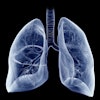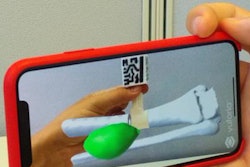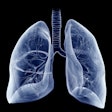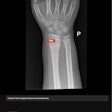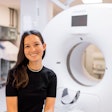
Motion analysis of smartphone-recorded video can detect narrowed neck arteries, a risk factor for stroke, suggests research published on 17 August in the Journal of the American Heart Association.
Researchers led by Dr. Hsien-Li Kao from the National Taiwan University Hospital in Taipei touted that this can work where existing diagnostic imaging methods such as ultrasound, CT, and MRI cannot since these require screening with specialized medical imaging equipment and personnel.
The team found that the video motion analysis algorithm they developed had an 87% accuracy rate of detecting stenosis in 109 study participants known to have carotid artery stenosis. The algorithm analyzes smartphone video recording, using motion magnification and pixel analysis to detect changes in pulse characteristics on the neck skin's surface.
All study participants also had standard Doppler ultrasound testing to confirm narrowing in their arteries, as well as validating the estimates from the video motion analysis.


